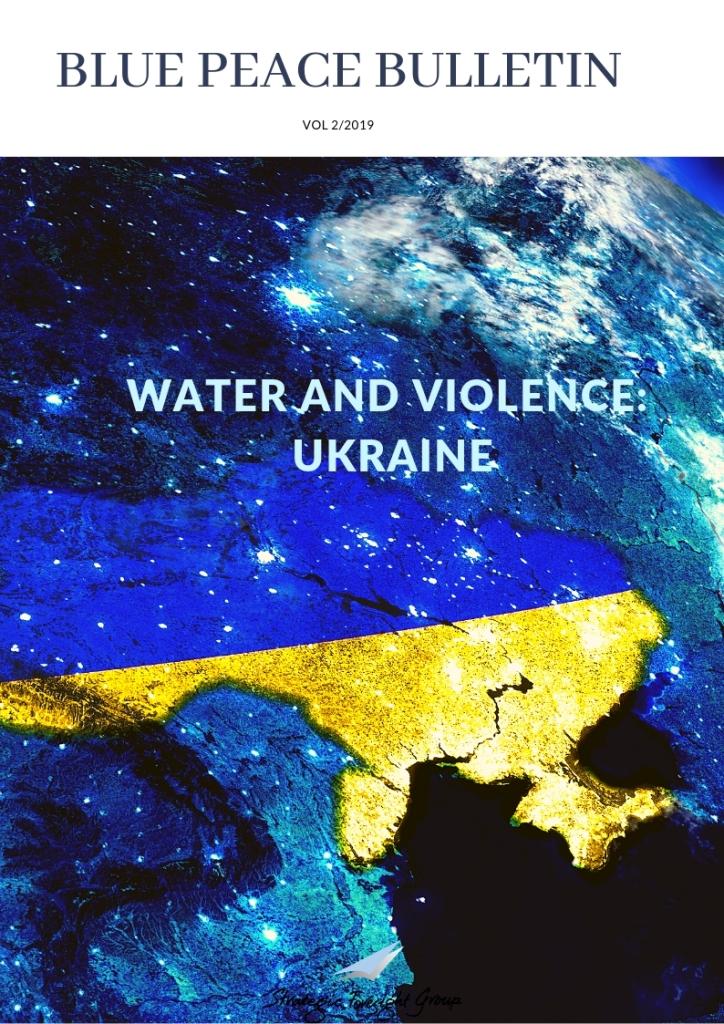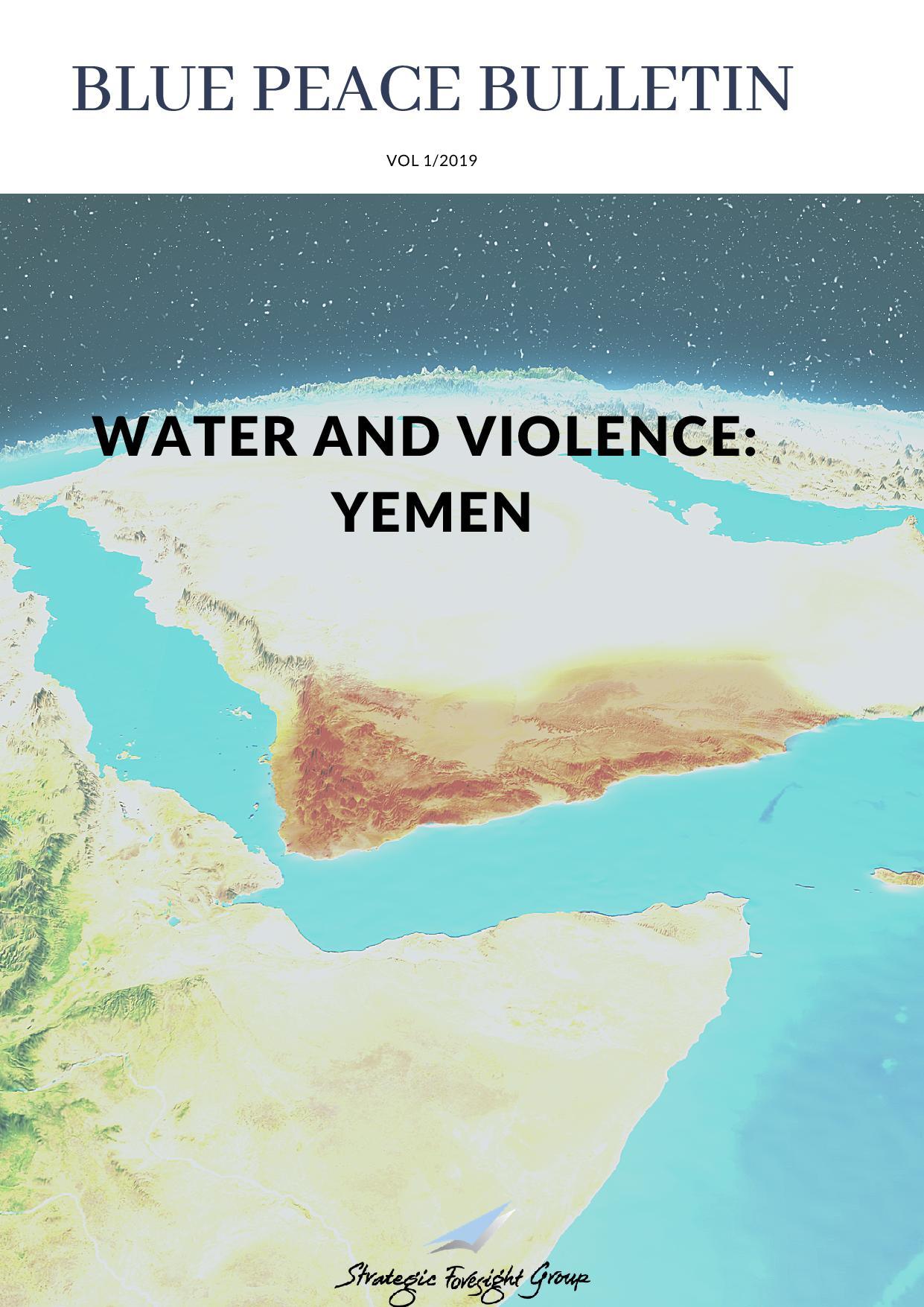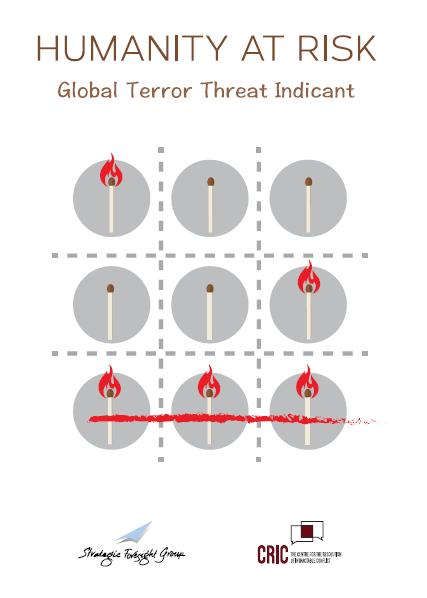Yes, it�€™s War!
|
|
Peace
SFG Research Analysts in media
Middle East
Conflict
Terrorism
Future
Extremism and Terrorism
Staff Article
December , 2008
By
|
The first decade of the 21st century has seen a catastrophic number of wars, invasions, terror attacks, and death. From Manhattan to Mumbai, via Mosul and Mogadishu, no country, religion and culture have been spared. We truly live in a globalized world, where 10 men, a few bags of guns and RDX, and a lot of determination can hold a city siege and the world glued to their televisions for over 60 hours. We truly are a world subject to global terror, when the death of 200 odd people in posh locales of India�€™s economic hub commands the world�€™s attention and leaders vow, yet again, to work together and combat this evil; yet the death of 25,000 children a day due to malnutrition, AIDS, lack of access to sanitation and neglect are not important enough for grandiose commitments.
Terrorists, insurgents, militants, suicide bombers, gunmen, jihadis, are all part of a constant vocabulary and are freely interchanged by politicians, the media, and the common man. The world is not new to these words, and we have been grappling with these problems for decades. During the last century we witnessed several methods of creating terror, from suicide missions, to hijacking and hostage situations.
Several experts date the age of modern terrorism back to the 1968 hijacking of an El Al flight from Tel Aviv to Rome by the Popular Front for the Liberation of Palestine. This was the first time where the nationality of the carrier had symbolic value and a key aim of the operation was international attention. From 1968 to 2001 hijacking as a terror tactic has reached new heights, attacking bolder targets.
In the middle of the hijacking, the suicide attacks, the blowing up of tanks and school busses has emerged yet another terror tactic - piracy. An age old method of causing panic, this system has found a whole host of new players, and this time the loot is beyond just gold and gun powder, but is oil, tanks and sophisticated weapons. The International Maritime Bureau reports that this year alone 92 ships have been attacked and 36 hijacked off the coats of Somalia and Yemen.
As an integrated global village everyday we are witness to some form of terror, from the constant death of ordinary citizens in parts of the Middle East, to murder in the name of drugs in Latin America, to the death of children in the heart of Africa. Everyday it seems that those who cause terror are emerging from different part of the globe with new innovative techniques of holding us terror struck, and yet we are still grappling with yesterday�€™s methods of protecting ourselves. It is time we pause and question just how much longer we are willing to be a world governed by terror.
Ever since the end of the Cold War there has been a lot of talk and discussion on the issue of failed states. Now the world is witnessing some terrible consequences of the failure of states, where in Pakistan and Afghanistan groups such as the Taliban, and Al-Qaeda have firmly established themselves as states within states. In Afghanistan there seems to be no end in sight to a war that began seven years ago.
In another failed state Somalia, the Islamist Shabab is also operating as a state within a state, and is controlling rapidly growing swaths of Somaliland. The government at the capital is weak and ineffective, and is receiving little help from UN peacekeepers (who are still embroiled in Darfur and Congo). The people of Somalia have been caught in the cross fire since the early 1990�€™s, and yet as a global community we have done too little to help them start afresh.
The culprits are not in parts of the Middle East and Africa alone, there are still constant insurgencies in the Philippines, Hindu extremism in India, conflict in Sri Lanka, Chinese atrocities in Tibet and a host of others. Yet few groups have had the power and ability to hold the world still, as has the Al-Qaeda and its vast network. From Jerusalem to Bali slaughter is carried out by young men and women who regard themselves as holy warriors �€“ whose mission is not dialogue or compromise, but defeat of their enemies. Some say that terrorists have no religion, and while that�€™s a �€˜politically correct�€™ sentiment, it bares little relationship to reality. Yet it is also important to remember that these men alone do not speak for their religion, and waging a war on an entire community or a country will not solve these problems, but further exacerbate it.
As a global community we are engaged in a war on terror, yet as a collective we have failed to define what terrorism means. This bring about the fundamental question of exactly whom are we waging a war on, and what are we hoping to achieve by winning? We need to realize that today, at the end of 2008, this war is no longer about grievances, for solving a few pressure points such as Kashmir or Israel-Palestine, might serve to abate some of the fuel, but will not solve the larger issue. There are existing fissures that have been forgotten by the wayside, which, once they explode, will have no trouble attracting adherents. And there will always be millions of impoverished and frustrated young people from Colombia to Indonesia who will be susceptible to any ideology that provides them an outlet.
The question now needs to move beyond how the world addresses violent extremism and terror tactics, because clearly we have answered that; waging a global �€˜war on terror�€™ has yielded little results. It is time we took the fight to the terrorists, and cease to wait for them to bring the fight to us �€“ as they recently did in Mumbai. But not in the sense of waging a senseless �€˜war on terror�€™, which is ambiguous at best, and alienates a large percent of the global community. It is time we took the fight to the root of what causes a 21 year old to take up arms, instead of waiting for him to carry out his mission and then attack his compatriots. It is time we acknowledge that we are fighting a different kind of war; it is now a question of nation�€™s verses a phenomenon, and this war requires a whole host of new strategies. Strategies which are not purely military, but more diplomatic, political and social.
There are several systems, agencies, non-governmental organizations, and individuals who are tirelessly working on such issues and we should lend support to these systems and build upon them. The United States Agency for International Development is one such system, which is currently working on non-military solutions in Mali and neighboring countries, such as job training for young men who could be singled out by militants recruiting campaigns. The agency is also focusing on other countries such as Indonesia and the Philippines. Martti Ahtisaari who won the 2008 Nobel Peace Prize, has been instrumental in negotiating peace in areas such as the Balkans, and Northern Ireland. There are numerous such individuals and organizations, whom we need to lend support and credence to; for a terror phenomenon that transcends borders can only be fought by people and methods that transcend borders, but with an understanding of situations at the ground level.
Today we are truly a globalized world, facing a global terror, which requires a combined global answer. We need a whole new mechanism of global governance, which includes everything from the economics to security to a new legal framework, mechanisms that are not rooted in 1948. Instead we need a forum that gives today�€™s realities a voice �€“ to ensure that the unspoken today don�€™t become the terror of tomorrow.
After Mumbai, the Times of India ran an editorial titled �€œIts War�€. Yes, it�€™s a global war, and it�€™s about time we stopped being surprised at this fact and took some serious action.
Related Publications
Related latest News
Related Conferences Reports
-

P5 Experts Roundtable on Nuclear Risk Reduction
Download:Geneva Roundtable Report
-

Roundtable on Global Security and Catastrophic Risks
Download:Report on RT revise





